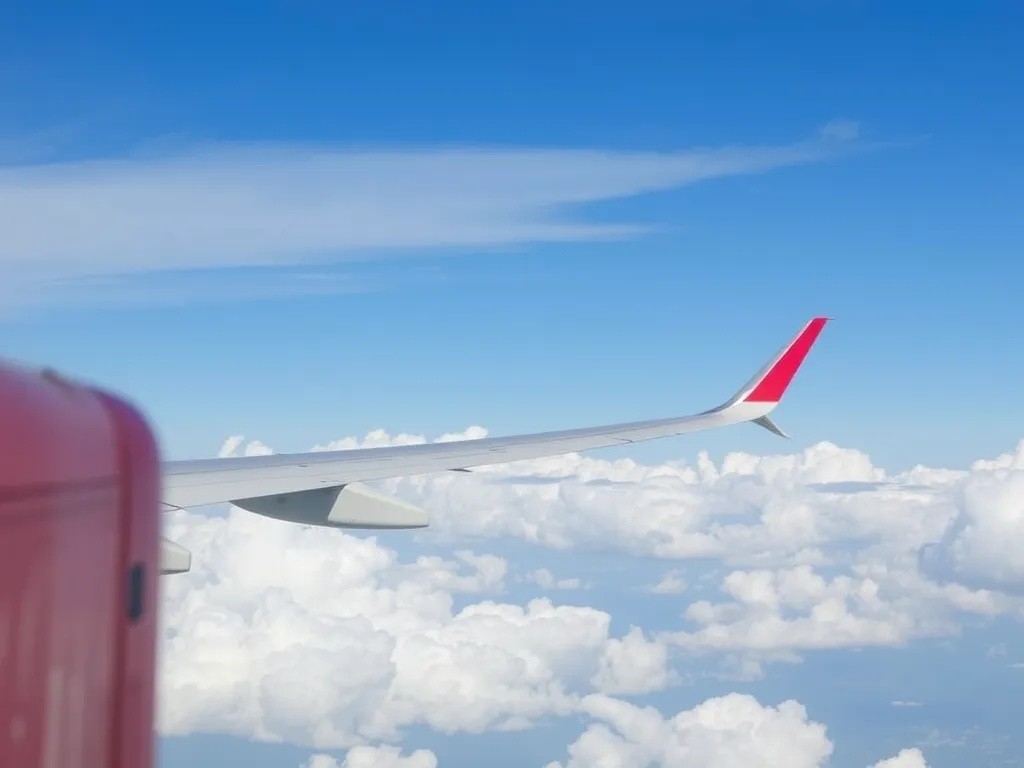Flight disruptions have become increasingly common, with thousands of flights cancelled or delayed daily due to weather, technical issues, staff shortages, and air traffic control problems. While airlines are required to provide basic compensation in many cases, travel insurance can be your financial lifeline when flights fail at the worst possible moments.

Understanding Flight-Related Coverage Types
Not all travel insurance policies are created equal when it comes to flight protection. Understanding the different types of coverage can mean the difference between a minor inconvenience and a financial disaster.
Trip Cancellation and Interruption
Trip cancellation coverage reimburses non-refundable trip costs when you must cancel before departure, while trip interruption covers additional expenses when your trip is cut short. These benefits typically apply when flights are cancelled due to covered reasons such as:
- Severe weather conditions
- Airline strikes or labor disputes
- Mechanical breakdown of aircraft
- Terrorist incidents or civil unrest at destination
- Personal emergencies like illness or injury
Travel Delay Coverage
This coverage kicks in when your flight is delayed for a specified period, usually 6-12 hours depending on your policy. It typically covers reasonable additional expenses including meals, accommodation, and transportation. Some policies also provide a daily allowance for extended delays.
Missed Connection Protection
When your first flight delay causes you to miss connecting flights, this coverage helps pay for alternative transportation and additional accommodation costs. This is particularly valuable for complex itineraries with multiple connections.

What Makes Travel Insurance Actually Effective
The key to effective flight failure protection lies in choosing policies with comprehensive coverage and understanding exactly what situations are covered.
Cancel for Any Reason (CFAR) Coverage
Standard travel insurance only covers specific listed reasons for cancellation. Cancel for Any Reason coverage provides much broader protection, typically reimbursing 50-75% of non-refundable trip costs regardless of the reason. While more expensive, CFAR coverage offers maximum flexibility when flights fail due to reasons not covered by standard policies.
Primary vs. Secondary Coverage
Primary coverage pays claims directly without requiring you to file with other insurance first. Secondary coverage only pays after your other insurance (like credit card benefits) has been exhausted. Primary coverage is more expensive but provides faster, more convenient claim resolution when dealing with flight disruptions.
Adequate Coverage Limits
Many travelers underestimate the costs associated with flight failures. Consider these potential expenses:
- Last-minute replacement flights can cost 3-5 times the original price
- Hotel accommodation during extended delays
- Meals and transportation during waiting periods
- Additional accommodation if your trip is extended
- Lost vacation days and activities
Key Features to Look for in Flight Protection Policies
Reasonable Time Thresholds
Look for policies with shorter delay thresholds before coverage kicks in. Some premium policies begin coverage after just 3-6 hour delays, while budget options may require 12+ hours. For connecting flights, shorter thresholds are crucial since even small delays can cascade into major disruptions.
Comprehensive Covered Reasons
Your policy should cover a wide range of flight failure scenarios including weather, mechanical issues, airline overbooking, crew scheduling problems, and air traffic control delays. Some policies exclude certain types of strikes or only cover "named storm" weather events.
Additional Living Expenses
Quality policies provide generous allowances for meals, accommodation, and ground transportation during delays. Look for policies offering at least $150-200 per day for meal expenses and $300+ for accommodation.

Filing Successful Claims When Flights Fail
Having the right coverage means nothing if you can't successfully file claims. Proper documentation and understanding the claims process are essential.
Essential Documentation
Keep detailed records of all flight disruptions including official delay or cancellation notifications from airlines, receipts for all additional expenses, and photos of departure boards showing delays or cancellations. Many insurers now accept smartphone photos and digital receipts, making documentation easier than ever.
Immediate Notification Requirements
Most policies require notification within 24-48 hours of a covered incident. Contact your insurance provider immediately when flight problems occur, even if you're still dealing with rebooking and don't know the full extent of your losses yet.
Common Pitfalls to Avoid
Waiting Too Long to Purchase
Many flight-related benefits require purchasing insurance within 14-21 days of making your first trip deposit. Waiting too long eliminates access to valuable coverages like pre-existing medical condition waivers and some weather-related protections.
Assuming Credit Card Coverage is Sufficient
While some premium credit cards offer trip protection, coverage is often limited and secondary to other insurance. Credit card benefits rarely match the comprehensive protection of dedicated travel insurance policies.
Not Reading Exclusions Carefully
Pay close attention to policy exclusions, particularly around weather events, strikes, and airline-specific issues. Some policies exclude delays caused by airline financial problems or only cover government-declared weather emergencies.
Choosing the Right Policy for Your Needs
The best travel insurance for flight failures depends on your specific travel patterns, risk tolerance, and budget. Frequent business travelers might benefit from annual policies with comprehensive coverage, while occasional leisure travelers might prefer trip-specific policies with basic protection.
Consider purchasing from reputable insurers with 24/7 claim assistance and established track records for handling flight-related claims. Read recent customer reviews focusing specifically on flight delay and cancellation claim experiences.
Remember that the cheapest policy is rarely the best value when flights fail. Invest in coverage that provides adequate protection for your specific travel investment and circumstances. When flight disruptions threaten to derail your travel plans, comprehensive travel insurance can transform a potential disaster into a manageable inconvenience.
